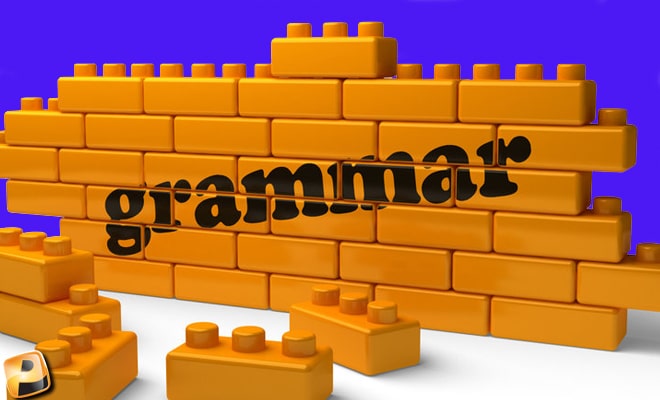I see people choose the wrong word often when met with a choice of than or then. They do sound similar, but not exactly alike.
From time to time, I wrote grammar posts about homophones. They cause a lot of confusion in everyday grammar. But when you’re considering the words than or then, do they really qualify as homophones?
Homophones are words that sound alike but have different meanings. They may be spelled the same way or not. But what leads to obvious confusion is that to the ear, they’re the same word. I recently wrote about the confusion between the words defuse and diffuse.
You can easily find plenty of examples. One of the most annoying mistakes involving homophones involves the soundalikes you’re and your. They’re words that are incredibly common in our language, yet people seem to mix them up all the time.
If you hear someone use the word, you know within context which meaning them mean. But unfortunately, when people write them down, they sometimes select the wrong word.
Consider the phrase “for all intents and purposes.” Many people who try to use the pompous-sounding phrase in writing put down what they think they’ve heard all those years. They end up selecting “for all intensive purposes.”
But would you count “intents and” and intensive as homophones? I wouldn’t.
That brings us to Than or Then
The two words aren’t pronounced exactly the same. But people still manage to confuse them as if they were. To be fair, they sound similar, just not identical.
But people often confuse than or then when they write.
Than is a conjunction to introduce a difference between things or a choice.
Then is an adverb used to reference time, order or consequence.
The confusion seems to always come when people are comparing a relationship between something. So for review, here’s a quick guide:
Use than when you’re comparing things:
His car is newer than mine.
She paid less for her home than they did.
Use than when you are depicting a choice:
We had no other choice than to take the later flight.
I’d rather go to the dentist than spend an hour with him.
Use then when you are referring to a time or sequence of events.
Times were simpler then.
The clock struck midnight and only then did the fireworks begin.
Use then to depict an order of things:
He walked in, set his briefcase next to the door and then noticed the visitor.
She visited her grandmother and then her daughter and granddaughter.
Use then to depict a consequence:
If the students don’t do their homework, then they’ll have to stay after class.
If the pain isn’t better by tomorrow morning, then they’ll have to operate.
Whenever I see a mistake involving than/then, it is always a case of someone using then in a comparison, as in “He’s younger then I am.”
I hope that clears up any confusion between these commonly-confused words. They’re not true homophones, but they’re close enough to trip people up.

















